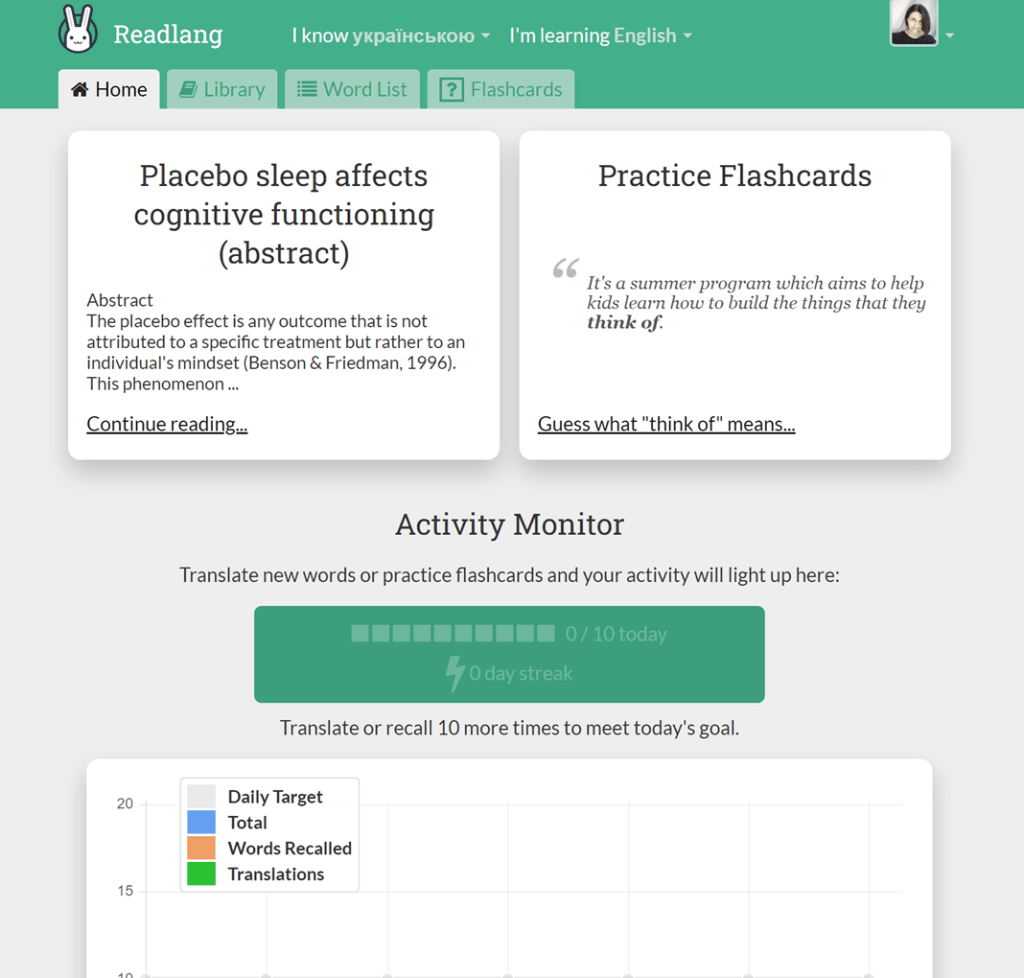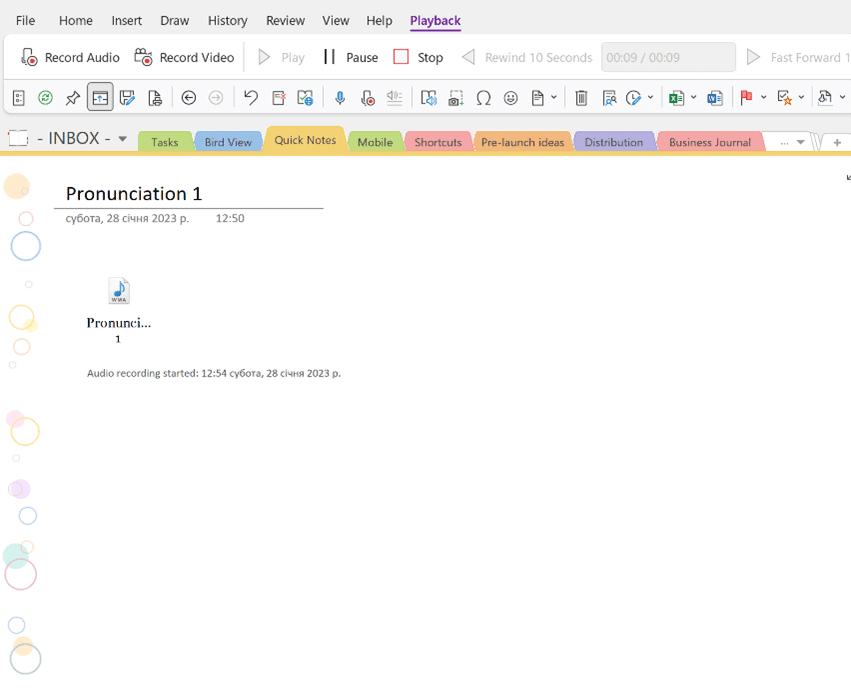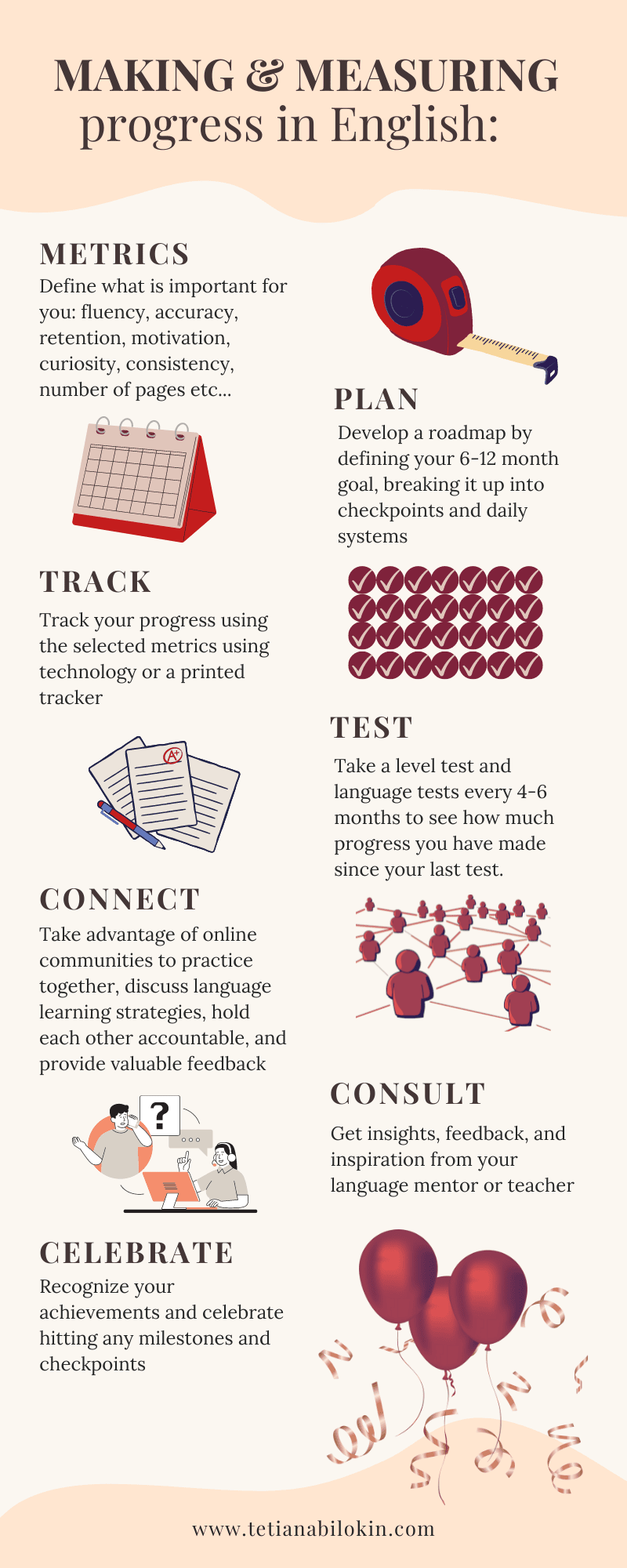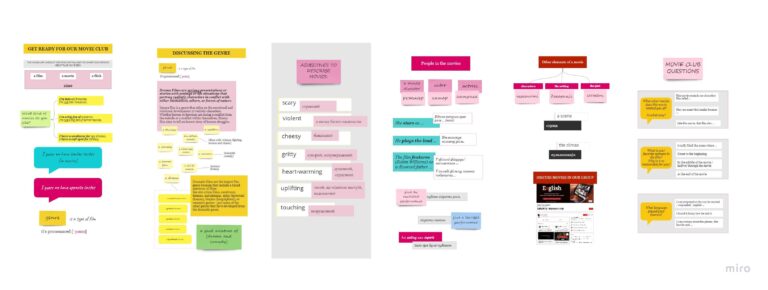If you’ve ever doubted your learning progress in English or felt like you’re stuck at the intermediate level despite doing a lot of activities, this article is for you. When it comes to learning English at intermediate level or above, you might find it difficult and sometimes intimidating to measure learning progress in English.
In this article, we will explore what progress in language learning looks like and how to measure it so that you can be encouraged as you continue to learn. From defining important metrics to consulting with a teacher or mentor, there are many strategies you can use to ensure you make the most of your language learning journey. Let’s dive in!
Table of Contents
Defining important metrics to measure learning progress in English
Progress can be measured in different ways, such as by conducting tests, recording vocabulary growth, and recognizing conversational milestones. To create an effective assessment plan, you should start by considering the overall goal of your language learning journey. Do you want to become fluent in a language? Are you looking to pass a specific test? Understand and enjoy a movie without subtitles? Participate in a language exchange?
When it comes to evaluating progress in language learning, one of the most important metrics to consider is fluency. Fluency is a measure of how well a learner can use the language in a range of contexts, from casual conversations to more complex academic tasks. Fluency is typically assessed through tests that measure a learner’s ability to comprehend, use, and produce language in a range of contexts. This can take the form of written tests, oral tests, or even simulations of everyday conversations.
Another important metric to consider is accuracy. Accuracy is a measure of how correctly a learner can use the language. This can be assessed through tests that measure a learner’s ability to correctly answer questions or produce sentences using the language. Accuracy is important because a learner cannot effectively communicate if they are not using the language correctly.
In addition to fluency and accuracy, it’s also important to consider the learner’s ability to retain the language. Retention can be evaluated through tests that measure how much of the language has been retained by the learner over time. This is important because it demonstrates that the learner has the ability to use the language over the long-term.
Finally, progress in language learning should also be evaluated in terms of the learner’s motivation and attitudes. A learner who is passionate about language learning and is motivated to continue to improve is more likely to make faster and more meaningful progress than a learner who is uninterested or unmotivated. This is why it’s important to evaluate progress in terms of motivation and attitudes as well as more tangible metrics such as fluency, accuracy, and retention.
By taking into account all of these metrics, it is possible to measure progress in language learning and determine whether or not a learner is making meaningful progress toward their language learning goals.
Key strategies to make progress in language learning
Learning a language is a skill that takes time, dedication, and practice to master, and it can be hard to stay motivated and stay on track with your progress. Let’s have a look at some actionable strategies that you can use to make sure you’re making progress in your language-learning journey.
1. Developing a roadmap: from your goal to an action plan
Setting realistic goals
The first key to progress in language learning is setting realistic goals. If you haven’t studied any other foreign language before, it can be difficult to set realistic goals for yourself.
Most people who come to my consultations have unrealistic expectations about the amount of time and effort it will take to achieve the goal of “speaking without hesitation on any topic without making mistakes.” It takes several years, sometimes decades, to reach this level of fluency.
If you set yourself the goal of “speaking fluently” in, say, 1 year, then you’re setting yourself up for failure: a year later you will most likely feel acute disappointment and lose motivation to continue.
Figuring out the scope of your goal is the 1st step in creating a plan that is tailored to your individual needs.
Here’s how to get started:
To begin, list out the skills you’d like to master or the knowledge you’d like to acquire. This could include things like speaking fluently about particular topics, maintaining a conversation for a particular period of time, learning new vocabulary, or mastering advanced grammar structures like the ones on this screenshot:

Once you have your list, prioritize it and choose one or two goals to focus on first.
Next, you develop a plan of action
So it’s essential to set short-term goals which can help break down longer-term goals into achievable milestones or checkpoints. This will also help you track your progress and measure your language learning progress.
In my “Annual planning” course I teach learners to “divide” bigger goals into daily habits that would help them succeed.
ave a look at these screenshots or enroll in a course:
If you prefer to develop a plan of action on your own, make use of language learning resources. There are a variety of language learning resources available in bookstores and online. I started collecting online English-learning resources in one database you can check out here. It includes websites, YouTube channels, apps etc that can help you make progress.
2. Track your learning progress in English
You can also measure your progress in language learning by keeping a record of your activities and accomplishments.
Another key to making progress in language learning is to use technology to your advantage.
Language learning platforms such as Duolingo or Babbel offer users the ability to track their progress and set goals for themselves. These apps also often come with other features that can help make learning languages more fun, such as rewards and achievements for completing language learning tasks. In addition to apps, there are also websites designed specifically for tracking language learning progress.
You can also measure your progress in language learning with tools outside platforms, using other, more specific, and adjustable, tracking apps. They will allow you to easily track how far you’ve come, as well as what needs more attention.
For example, if you’re trying to improve your reading and vocabulary, you can use Readlang.

If you want to focus on your listening comprehension and vocabulary, you can use WordBookPro:

And if you plan on improving your pronunciation, record yourself speaking and then compare it to where you started.

Habit tracking apps like HabitBull or Coach.me are a great way to make sure that you stay on track and make consistent progress.
But even without apps, you can use pen and paper to measure your progress. Just define what you want to track and create a tracker like this one to see how much you’ve learned and how far you still have to go.
3. Assessment: Level test and diagnostic tests
You can start by assessing your current language level. If you are at one of the intermediate levels, take a placement test, then analyze the mistakes you made to see what you got wrong. For example, phrasal verbs, or modal verbs in the past etc. Understanding what you lack will help you determine your direction – or you can ask an ESL teacher for a consultation to help you with that.
Lancaster University offers free online placement, diagnostic, and self-assessment tests you can use to gauge your level of skills. You can take Dialang tests every 4-6 months to see how much progress you’ve made since your last test. These tests or assessments can also help you identify areas of weakness and determine which strategies you may need to employ to improve.
4. Other people can measure your learning progress, too
Another way to measure your progress in language learning is to use online language learning communities. Communities such as our movie discussion club or the one on Busuu allow language learners to connect with other users who are learning the same language and support each other in their language-learning journeys.
Through these communities, you can set goals for yourself and track your progress over time. You can also find resources and advice from other members of the community who have gone through similar experiences. You can practice together, discuss language learning strategies, hold each other accountable, and provide valuable feedback. Finding a language learning buddy can make your learning journey more enjoyable and help you make faster progress.
5. Consult with a teacher or mentor
Working with an instructor or mentor can provide an objective assessment of your current skills, a fresh perspective on your progress, as well as reassurance that you’re on the right track. They can also offer invaluable advice and support, and help you stay motivated throughout your language-learning journey.
It’s important to find a teacher or mentor who understands your learning style and goals. Ask around and read reviews to find someone who has a good track record with other students.
I also recommend signing up for their newsletter to get to know their mindset and values better, t what services and products they offer, and how their temperament sounds in writing – to make sure you’re comfortable with this teacher’s style. After you sign up, feel free to reply to their emails to ask questions about whatever service interests you.
Once you’ve chosen a teacher or mentor, schedule regular sessions to check in and get feedback on your progress. It’s helpful to have someone to talk to about your goals, and the challenges you’re facing. He or she can also give you feedback on your pronunciation, grammar, and other language skills.
Additionally, a teacher or mentor can recommend (or develop) language learning activities, exercises, and resources that you may be unaware of and that can help you progress further.
Finally, working with a teacher or mentor can be a great way to stay accountable. A teacher or mentor can provide a regular check-in to ensure you’re making progress and can motivate and encourage you when needed. Language learning is a long journey and having the support of a teacher or mentor can make it easier.
6. Celebrating progress and milestones
It is always important to remember that progress is made up of a series of small steps and milestones. Celebrating progress and taking the time to recognize the milestones that you reach is an important part of language learning.
When you reach a milestone or goal, take the time to “pat yourself on the back” and acknowledge the progress you have made and the hard work you put into it.
Find your own way to celebrate, to make it special and memorable: buy yourself some flowers or a chocolate bar, or treat yourself to something you never had enough time or money for, but now deserved it: expensive lingerie or a message subscription.

Consequences of not tracking your progress
Learning English is a long-term process and tracking your progress can be the key that defines if you reach your goal or quit learning. Unfortunately, not tracking your progress can have serious consequences for your language-learning experience
Without tracking your progress, it can be difficult to feel encouraged and to recognize how far you’ve come. This lack of awareness for improvement can lead to feelings of stagnation; when you don’t know how much you’ve improved, it can be hard to notice the difference.
Not tracking your progress can lead to confusion and a lack of direction. It might become difficult to identify where you’re stuck and what you need to do to get to the next level.
Ultimately, if you want to make the most out of your language learning experience, it’s essential that you track your progress and use it to keep up your enthusiasm, notice your improvements, stay on track, and identify what you need to do to reach the next level.
Tips to bear in mind when you feel stuck:
- Progress is not linear like we expect. It’s a tangle of actions aimed at a certain result, but it’s not always predictable. So if you find yourself in the middle of the mess you imagine your learning process to be, just keep taking the necessary action. Or as Winston Churchill aptly put it, “If you’re going through hell, keep going“.
- Frustration comes as a direct result of unrealistic expectations. Adjust your expectations. If you’re at the B1 level now, you can’t expect to get to C2 in a year. Unless you’re learning English for 5-8 hours every day, if that. So set a more realistic goal. Then each step you take will feel more meaningful and will motivate you to go on.
- Results in English are not immediately obvious – not after a class or even a week. It might take a few weeks to several months to feel your progress. Give yourself time and don’t judge too quickly.
- Don’t compare yourself today with someone who’s already achieved what you only want to become. You cannot be sure how long it took them to get there, how much time they spend and effort it took, or what problems they experienced. All of that stays behind the scenes, so feels quick and easy. It’s never easy to master a skill.
- Choose progress indicators that matter to you. It can be the number of new words you learn and use weekly. Or the amount of time you can talk about a selected topic without running out of words. Or the number of pages you read in your first English book. Or the number of sentences you write in your journal. Progress is yours, so you decide how you measure it.
Takeaways:
Progress in language learning is a journey that requires commitment and determination. It might turn out longer or more challenging than you thought, but might be more enjoyable in the long run.
If you feel stuck, set a realistic short-term goal, choose the most important progress indicators for you, develop an action plan (specific daily or weekly activities), track your progress, and test your progress regularly.
Additionally, consulting with a teacher or mentor, and practicing with native or non-native speakers are all great strategies to help you stay motivated and reach your desired level of language proficiency. So, keep learning and celebrate your successes!
Please, in the comment section below share the moments when you obviously felt the results of your efforts – or what methods you use to measure and track your progress.




